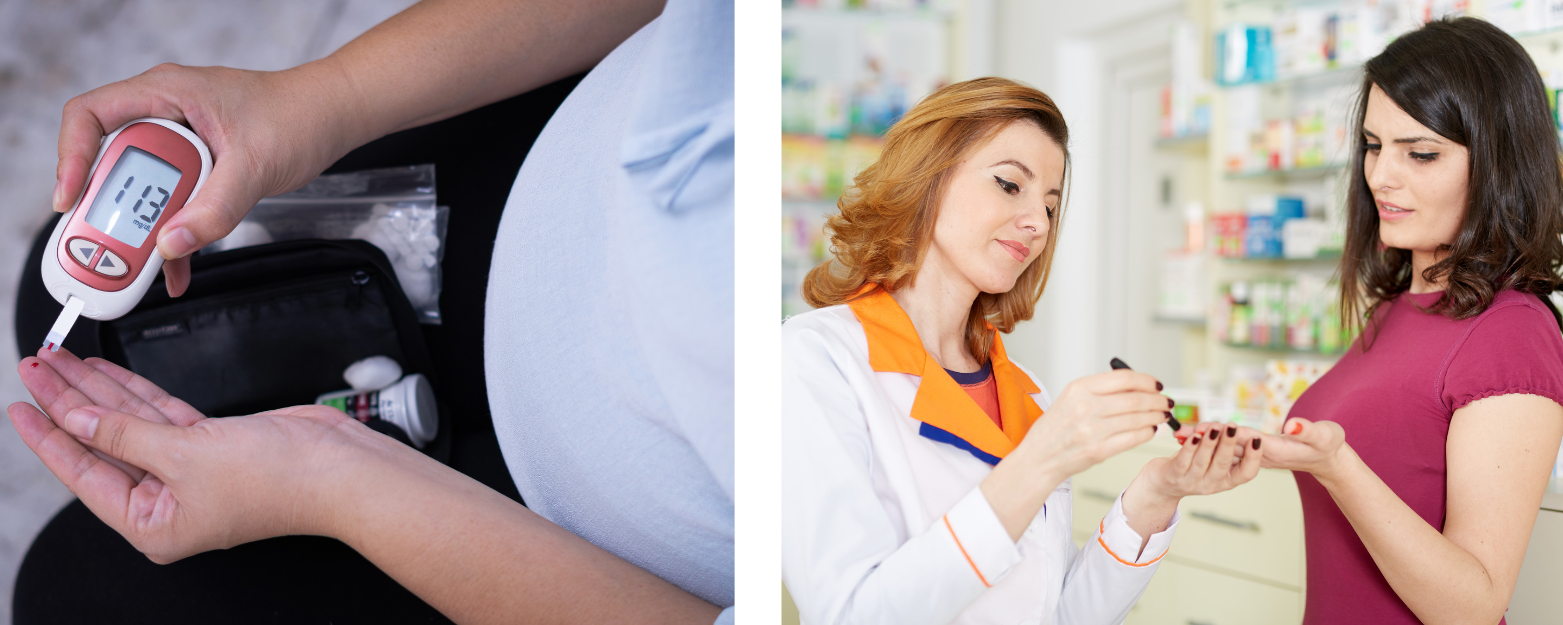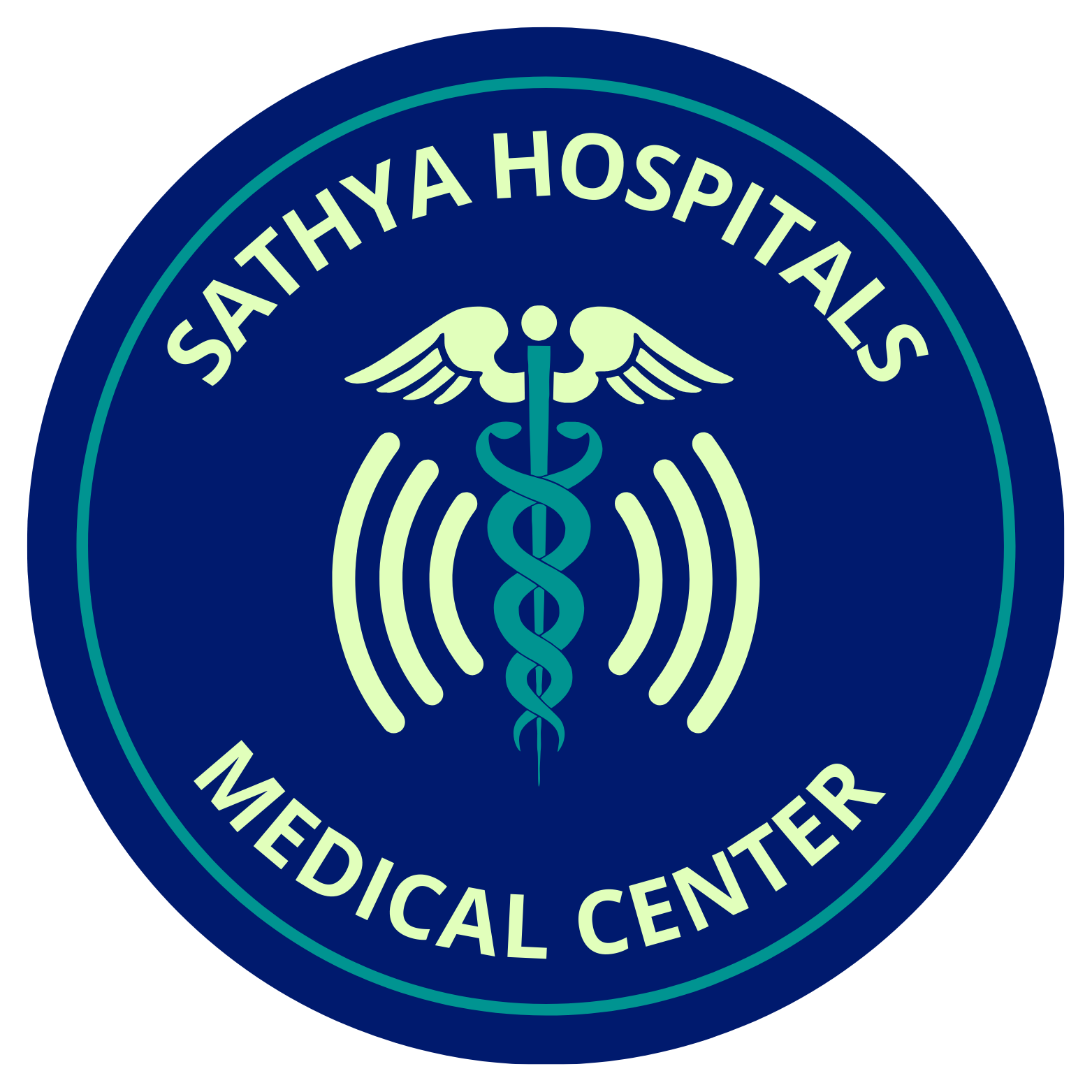Diabetology is a specialized branch of medicine focused on the diagnosis, treatment, and management of diabetes mellitus and its complications. Diabetes is a chronic condition characterized by elevated blood sugar levels due to insufficient insulin production (Type 1 diabetes), insulin resistance (Type 2 diabetes), or other causes (e.g., gestational diabetes or secondary diabetes). Diabetology also encompasses preventive care, lifestyle management, and patient education to improve quality of life and reduce complications.
1. Scope of Diabetology
Diabetes care in a hospital setting involves a multidisciplinary approach to manage the disease and its effects on various body systems. Key aspects include:
- Types of Diabetes Managed:
- Type 1 Diabetes: An autoimmune condition where the pancreas produces little to no insulin, typically diagnosed in children or young adults.
- Type 2 Diabetes: The most common form, caused by insulin resistance or reduced insulin production, often linked to lifestyle factors like obesity or sedentary behavior.
- Gestational Diabetes: Occurs during pregnancy, increasing risks for both mother and baby if unmanaged.
- Secondary Diabetes: Caused by other conditions (e.g., pancreatic disease) or medications (e.g., steroids).
- Complications Addressed: Diabetology focuses on preventing and treating complications like:
- Cardiovascular issues (e.g., heart disease, hypertension)
- Neuropathy (nerve damage causing numbness or pain)
- Nephropathy (kidney damage)
- Retinopathy (eye damage leading to vision loss)
- Foot ulcers and infections
- Preventive Care: Screening for at-risk individuals (e.g., those with family history or obesity) and early intervention to delay or prevent diabetes onset.
2. Diagnostic Methods in Diabetology
Accurate diagnosis is critical for effective diabetes management. Common diagnostic tools include:
- Blood Tests:
- Fasting Blood Sugar (FBS): Measures blood glucose after fasting for at least 8 hours (normal: <100 mg/dL; diabetes: ≥126 mg/dL).
- HbA1c Test: Reflects average blood sugar levels over 2–3 months (normal: <5.7%; diabetes: ≥6.5%).
- Oral Glucose Tolerance Test (OGTT): Assesses glucose metabolism after a sugar load, used for gestational diabetes or prediabetes.
- Random Blood Sugar: Diagnoses diabetes if ≥200 mg/dL with symptoms (e.g., increased thirst, urination).
- Continuous Glucose Monitoring (CGM): Devices like Freestyle Libre track real-time glucose levels, useful for Type 1 or complex Type 2 cases.
- Urine Tests: Check for ketones (indicating diabetic ketoacidosis) or protein (indicating kidney issues).
- Additional Tests: Lipid profiles, kidney function tests (e.g., creatinine), and eye exams to monitor complications.
- Example from Reference: Sri Sathya Sai General Hospital conducted 31,107 lab tests in 2016-17, likely including diabetes-related diagnostics, indicating robust testing capabilities.
3. Treatment and Management Approaches
Diabetology involves personalized treatment plans combining medical interventions, lifestyle changes, and regular monitoring:
- Medical Interventions:
- Insulin Therapy: Essential for Type 1 diabetes and some Type 2 cases, delivered via injections or insulin pumps.
- Oral Medications: For Type 2 diabetes, including metformin (improves insulin sensitivity), sulfonylureas (stimulate insulin release), or SGLT2 inhibitors (reduce glucose reabsorption).
- Injectable Non-Insulin Drugs: GLP-1 receptor agonists (e.g., liraglutide) for Type 2 diabetes management.
- Lifestyle Management:
- Dietary Counseling: Personalized meal plans emphasizing low-glycemic foods, portion control, and balanced nutrition (e.g., high fiber, low refined sugars).
- Exercise Programs: Recommendations for regular physical activity (e.g., 150 minutes/week of moderate exercise) to improve insulin sensitivity.
- Weight Management: Critical for Type 2 diabetes, as weight loss can significantly improve blood sugar control.
- Monitoring and Follow-Up:
- Regular HbA1c checks (every 3–6 months) to assess control.
- Annual screenings for complications (e.g., eye exams, kidney function tests, foot exams).
- Management of Complications:
- Medications for related conditions (e.g., statins for cholesterol, ACE inhibitors for kidney protection).
- Specialized care for complications (e.g., laser therapy for retinopathy, wound care for foot ulcers).
- Patient Education: Programs to teach self-monitoring (e.g., using glucometers), recognizing hypoglycemia/hyperglycemia symptoms, and managing stress.
4. Diabetology at Sathya Hospitals
Based on available data:
- Sathya Hospital, Chennai: Noted for expertise in diabetes care, likely offering comprehensive diabetology services, including diagnostics, treatment, and patient education. Rated 3.4/5 based on 96 reviews, suggesting reliable service.
- Sri Sathya Sai General Hospital, Puttaparthi: Runs a dedicated diabetes clinic, providing free care for chronic conditions like diabetes, with 66,100 outpatient visits in 2016-17, many for diabetes management.
- Satya Hospitals, Kanpur: While more focused on orthopedics and maternity, likely offers general medicine services including diabetes care, given its multispecialty setup.
5. Benefits of Highlighting Diabetology
- High Demand: Diabetes is a growing health concern in India, with over 77 million cases (as per 2020 IDF data), making diabetology a critical service.
- Preventive Focus: Attracts patients seeking early screening or prediabetes management.
- Holistic Care: Showcases the hospital’s ability to manage complex, chronic conditions, building trust.



